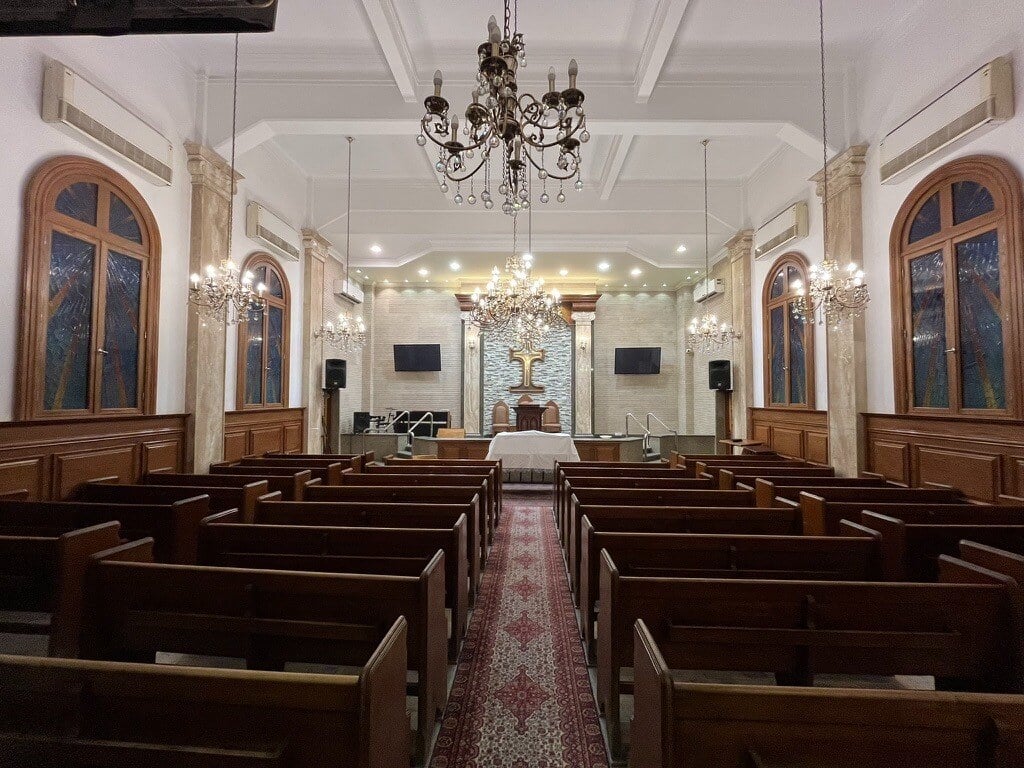As someone interested in U.S. policy in the Middle East and a contributor to Mere Orthodoxy, I read Onsi A. Kamel’s recent post about the disconnect between American and Middle East Christians with fascination and appreciation. While Kamel strikes me as directionally correct—U.S. Christians ought not be so sanguine about Israeli West Bank settlement expansion, supportive of violence wielded against their coreligionists in Gaza, or blasé about the rhetorical hypocrisy of Trump administration officials—there are two main overgeneralizations in the piece that invite more clarification.
Login to read more
Sign in or create a free account to access Subscriber-only content.
